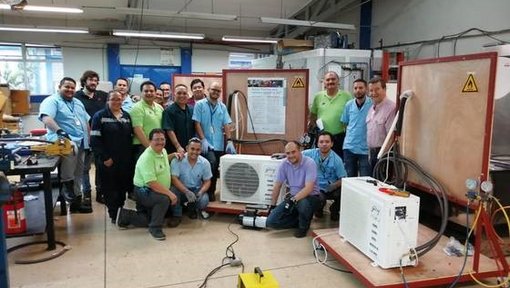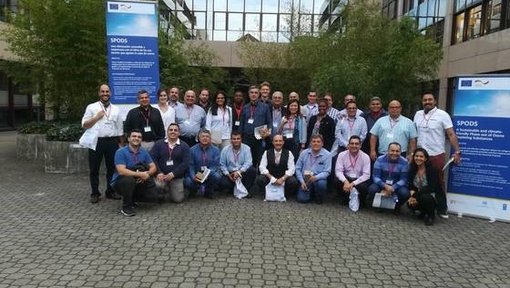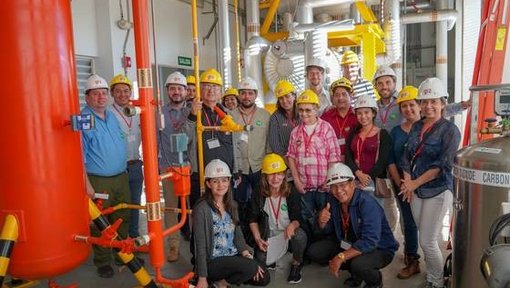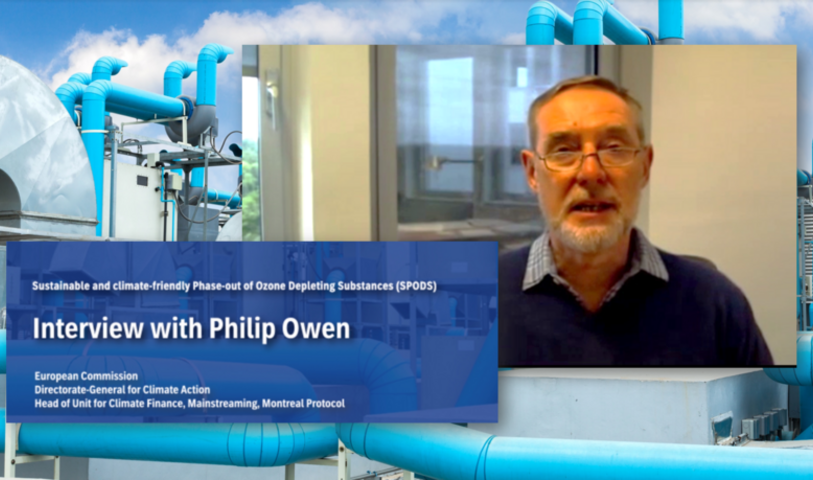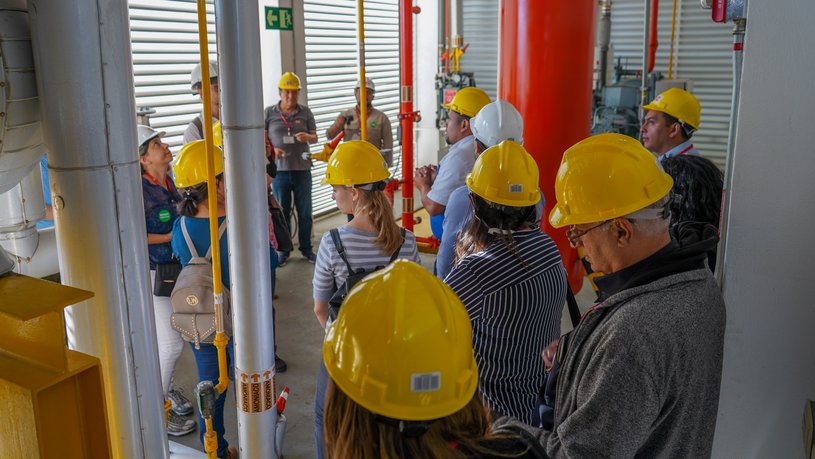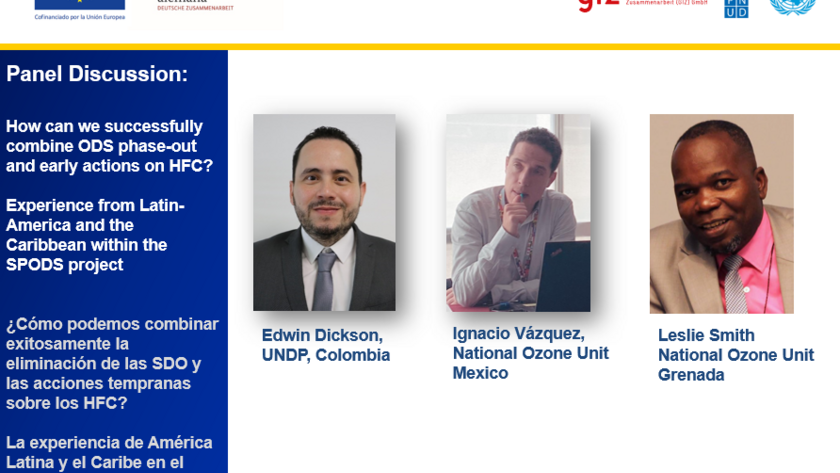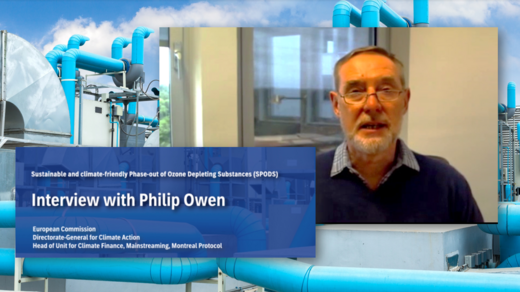2020 was full of challenges. The SPODS countries met all of them with team spirit and new digital formats, cheered on with a catchy tune from Grenada.
When SPODS coordinator Mónica Silva González thinks back to the past project year, one special thought comes to her mind and this is resilience. “A highlight of this year was to experience how fast our partner countries adapted to continue their work and how close we got using new virtual ways that very fast became normal.” Maria Carolina Velez, regional advisor, adds: "My personal highlight is the excellent communication we had between the implementing agencies and the partner countries, which allowed us to achieve great progress despite the circumstances.” Both assumed the management of the SPODS project this spring when the pandemic just started.
Since the beginning of the project in 2017, each of the seven countries has defined and implemented its own project activities based on the current status and needs. These include inventories of current emissions of their RAC sector and the development of national mitigation strategies. “The availability of natural refrigerants is essential for the implementation of Green Cooling technologies”, says Maria Carolina. "Thus, Colombia, Cuba, Mexico and Venezuela have carried out feasibility and market studies analysing the potential of national production of refrigerant grade hydrocarbons. Furthermore, the environmentally friendly disposal of old appliances and destruction of harmful gases plays a key role. Paraguay has examined the involvement of the cement industry for this purpose and Costa Rica has implemented a corresponding pilot project. “We have progressed in the project activities remotely and explored new approaches”, says Ester Cristina Monroy Gonzalez from UNIDO. “We are proud of the passion and commitment of our partner countries and experts in identifying new ways to achieve our goals”, says Carlos Andrés Hernandez from UNDP. Both are implementing SPODS together with GIZ.
Webinars and digital trainings for RAC technicians and other stakeholders have been developed and organised. The virtual panel discussion in the framework of the OEWG42 was a further highlight. Don't worry if you missed it. The recording is available online. (opens in a new window)
To sensitise different target groups to Green Cooling, the countries have chosen various communication channels. Grenada's information campaign including its own song (opens in a new window) and informercial (opens in a new window)deserves special mention. GIZ conducted a video interview with Philipp Owen, head of the unit for Climate Finance, Mainstreaming and Montreal Protocol of the European Commission.
Bright prospects for 2021
SPODS is slowly approaching the end. But that is no reason to make less ambitious plans for 2021. New training formats, e.g. a financial training, were initiated and will be conducted next year in Mexico. Together with national producers, discussions are currently underway on how milk in Costa Rica, flowers in Colombia and other perishable goods can be cooled in an ozone- and climate-friendly way. “We are also planning a virtual technology roadshow with video tours of Latin American and Caribbean companies working with natural refrigerants” says Mónica. Stay tuned!
GIZ would like to thank all SPODS partner countries, UNDP and UNIDO, BMZ and the European Commission in Mexico and Brussels for this fruitful cooperation, especially in these challenging times.

